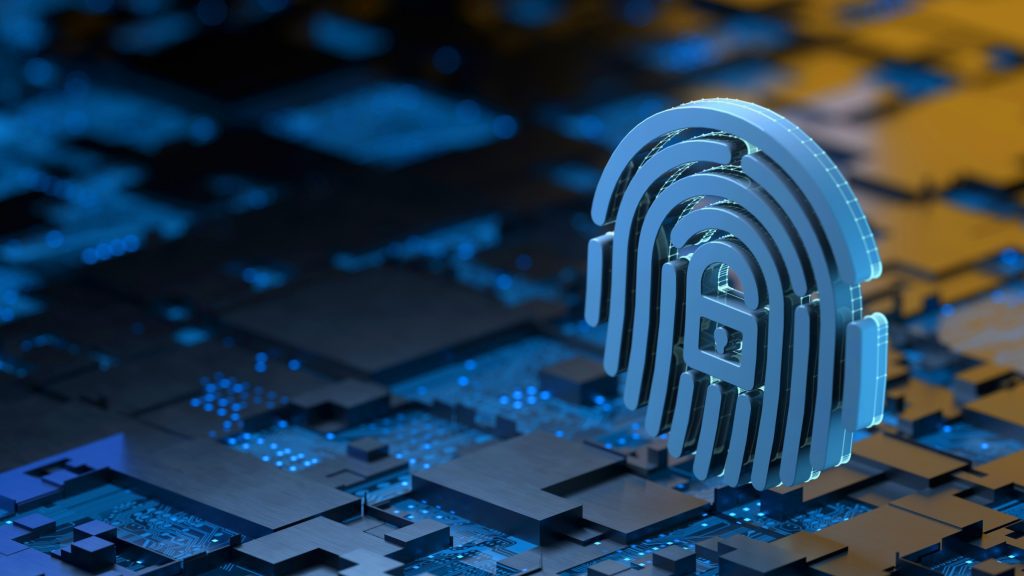
Generation Z digital natives, born between 1997 and 2012, are tech-savvy but their online confidence often lacks safe cybersecurity habits, leaving them vulnerable to AI-driven cyber threats.
CybSafe’s Annual Cybersecurity Attitudes and Behaviors report, revealed that while 69% of digital natives from generation Z claim to spot phishing emails and hazardous links, 52% use personal details like birthdays or pet names in their passwords, leaving any gen Z digital natives group vulnerable to cyberattacks.
Adding to their vulnerability, 82% of Gen Z users often connects to public Wi-Fi, while their lack of concern for phishing scams makes them sitting ducks for cyberthieves.
AI A Double-Edged Sword
It’s undeniable that AI integration into daily life offers many benefits, it introduces cybersecurity challenges, as per CybSafe’s Report, revealing that roughly 40% of workers, especially Gen Z digital native generation, share sensitive work information with AI tools without their employer’s knowledge. Not only is this dangerous for company information, but it also signals a severe deficit of awareness regarding the potential dangers of AI exploitation.
Moreover, Generation Z digital natives extensive use of AI apps has opened issues about their ability to distinguish between AI-created content and actual information. This vulnerability can be exploited by cybercriminals using AI to create sophisticated phishing campaigns and deepfakes, thereby rendering them more susceptible to cyber-attacks.
Cybersecurity Training Gap Closure
In view of the clear need for clear cybersecurity education, most Gen Z’s digital nativism users lack adequate training. The CybSafe report highlighted that 56% of participants have no access to cybersecurity training, and as such they are ill-equipped to identify and prevent attacks. Even where training is available, Gen Z digital native customers have the highest rates of abandonment, with 22% abandoning the use of essential security tools like password managers.
This shortage of training is added to the anxiety that junior employees have in case of cyber threats. Almost two-thirds of Generation Z digital natives and millennial workers fear losing their jobs if they compromise the security of their employer. Such apprehension, together with the unawareness of the processes of an organization in case of cyber-attacks, puts the individuals and the employers at risk.
Moving Forward
Despite these challenges, there are grounds for hope with Gen Z digital natives characteristics in tech places them well to adopt upgraded cybersecurity measures. Businesses can reap the benefits of this potential through the implementation of tailored training programs that emphasize the importance of cybersecurity, integrating it into the workplace culture.
With the rapidly evolving digital world, it is also crucial to talk about Gen Z’s cyber lifestyle. With the bridging of the difference between their IT self-assurance and actual cyber behavior, we can make the digital world more secure for all.
Inside Telecom provides you with an extensive list of content covering all aspects of the tech industry. Keep an eye on our Cybersecurity sections to stay informed and up-to-date with our daily articles.